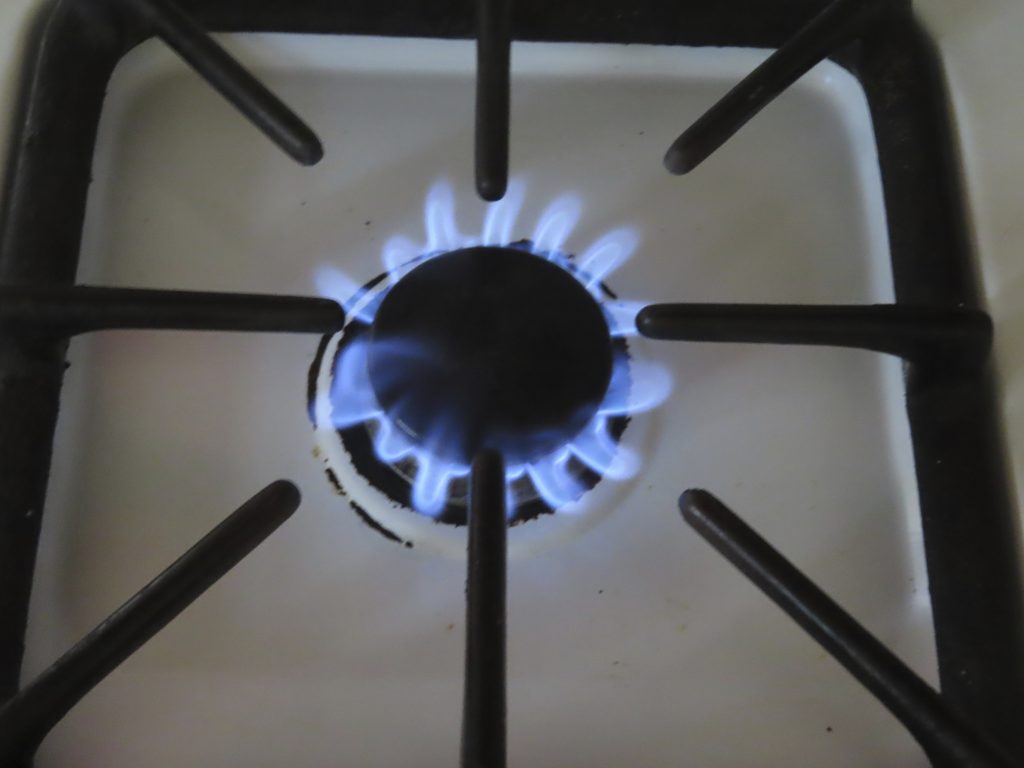Quebec plans to achieve 100% renewable energy in buildings

Posted November 18, 2024 11:21 am.
Last Updated November 18, 2024 11:32 am.
The Government of Quebec is aiming to remove fossil fuels from all buildings, except those in the industrial sector, by 2040.
On Monday morning, Environment Minister Benoit Charette and Energy Minister Christine Fréchette announced “a plan to achieve 100 per cent renewable energy by 2040.”
The goal is to phase out fossil fuels for heating buildings and ensure a transition to renewable energy, “while considering Quebec’s energy supply capacity.”
In recent months, several municipalities, with Prévost in the Laurentians being the first, have banned the installation of gas systems in new residences.
In a statement, Quebec stated that its plan “draws inspiration from municipal regulations in force for new residential buildings” and “targets residential, commercial, and institutional buildings, both new and existing.”
The approach, “designed in collaboration with distributors,” combines “energy efficiency, electrification, bi-energy, and the optimal use of other renewable energy sources, such as renewable source gas (RSG) in the decarbonization of buildings,” according to the statement released Monday.
Changes to two regulations
The decarbonization plan includes changes to two regulations. The Regulation on Oil Heating Appliances will be expanded to prohibit “the installation of natural gas heating appliances in new residential buildings of less than 600 square metres and three stories or fewer, to prioritize electrification.”
An exemption will be granted to the Outaouais region due to the specificities of its “energy ecosystem.” However, the natural gas distributor for the region, Gazifère, will be required to submit a decarbonization plan in the coming months.
The regulation concerning the amount of renewable source gas to be delivered by a distributor will also be modified to strengthen the obligation for “gas distributors to gradually reduce the amount of fossil natural gas delivered to residential, commercial, and institutional consumers.”
Distributors like Énergir will therefore need to increase the percentage of renewable source gas, which is produced from organic waste, for example.
As a result, existing buildings that are supplied with natural gas will need to transition to 100 per cent renewable energy, except for the residential sector in the Outaouais region.
These two regulatory changes will be subject to consultation next year.
“After regulating heating oil, we are now targeting natural gas, another fossil fuel. In collaboration with our energy sector partners and municipalities, we will implement measures to ensure an orderly transition to renewable energy, while ensuring a gradual adaptation for consumers,” said Charette in a statement.
For her part, Fréchette wrote that decarbonization “is a societal project that we will succeed in together.”
–This report by La Presse Canadienne was translated by CityNews








